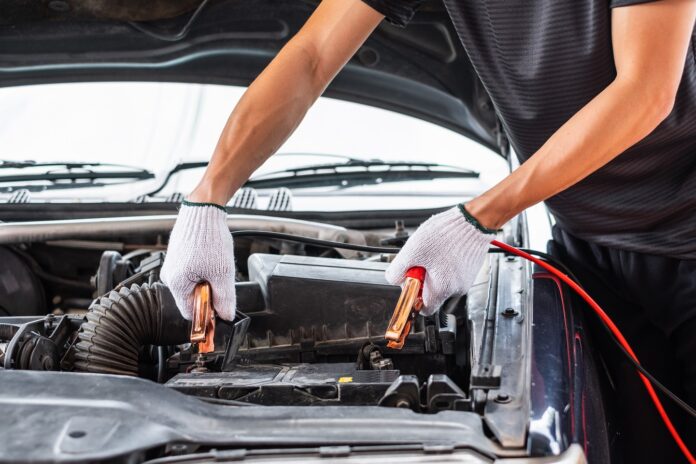Extreme summer heat can have a significant impact on your vehicle’s battery life, often leading to unexpected breakdowns. High temperatures cause battery fluid to evaporate, accelerate internal corrosion, and reduce overall performance. If left unchecked, your battery could fail when you need it the most. Understanding how heat affects your battery and taking preventive measures can help extend its lifespan. In this guide, we’ll explain why summer heat can affect your battery life and what to do to keep it running smoothly.
Key Points
- How Heat Hurts Batteries
- Check Battery Fluid Levels
- Battery Terminals Corrosion
- Test Battery Strength Regularly
- Park in Cooler Spots
- Secure the Battery Properly
- When to Replace Battery
Why High Temperatures Damage Your Battery
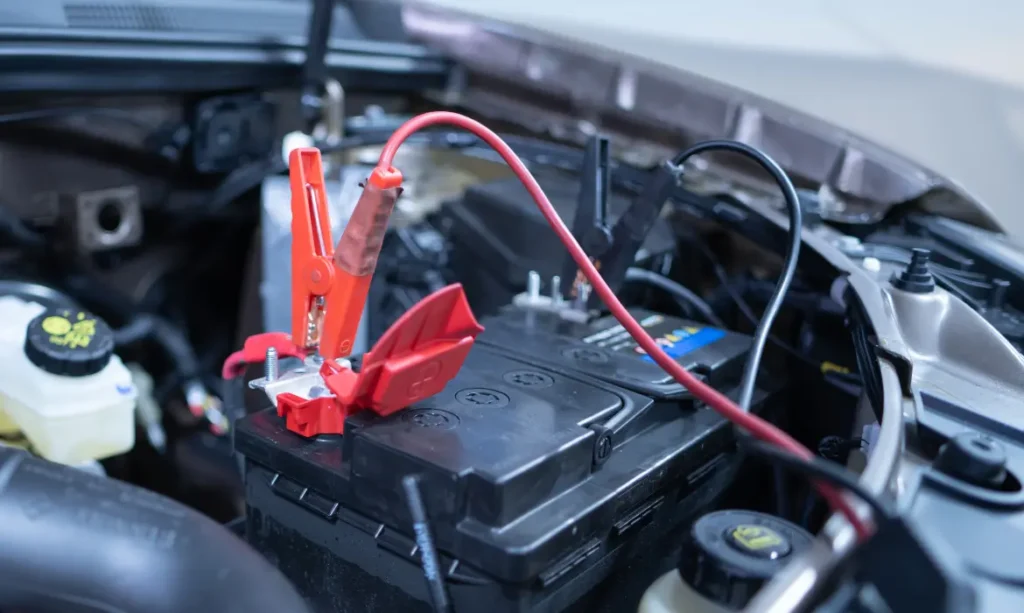
Summer heat doesn’t just make you sweat it cooks your battery, too. Inside, there’s a chemical mix that creates power, but high temps speed up those reactions, wearing out the battery faster. Over 90°F, the fluid inside can evaporate, and the plates can corrode quicker than a popsicle melts. Ever notice your car struggling to start on a blazing day? That’s heat stressing the system. Knowing this is step one to keeping it alive.
What To Do
Check Battery Fluid Levels
Most batteries have water in their electrolyte mix, and summer heat can boil it right off. Pop the hood (when it’s cool!) and peek at the battery some have clear sides with min and max lines. Low fluid? Top it off with distilled water not tap impurities mess things up. If it’s a sealed car’s battery for older ones, this trick keeps the flowing. Dry cells mean weak power, so stay on top of it.
Battery Terminals Corrosion
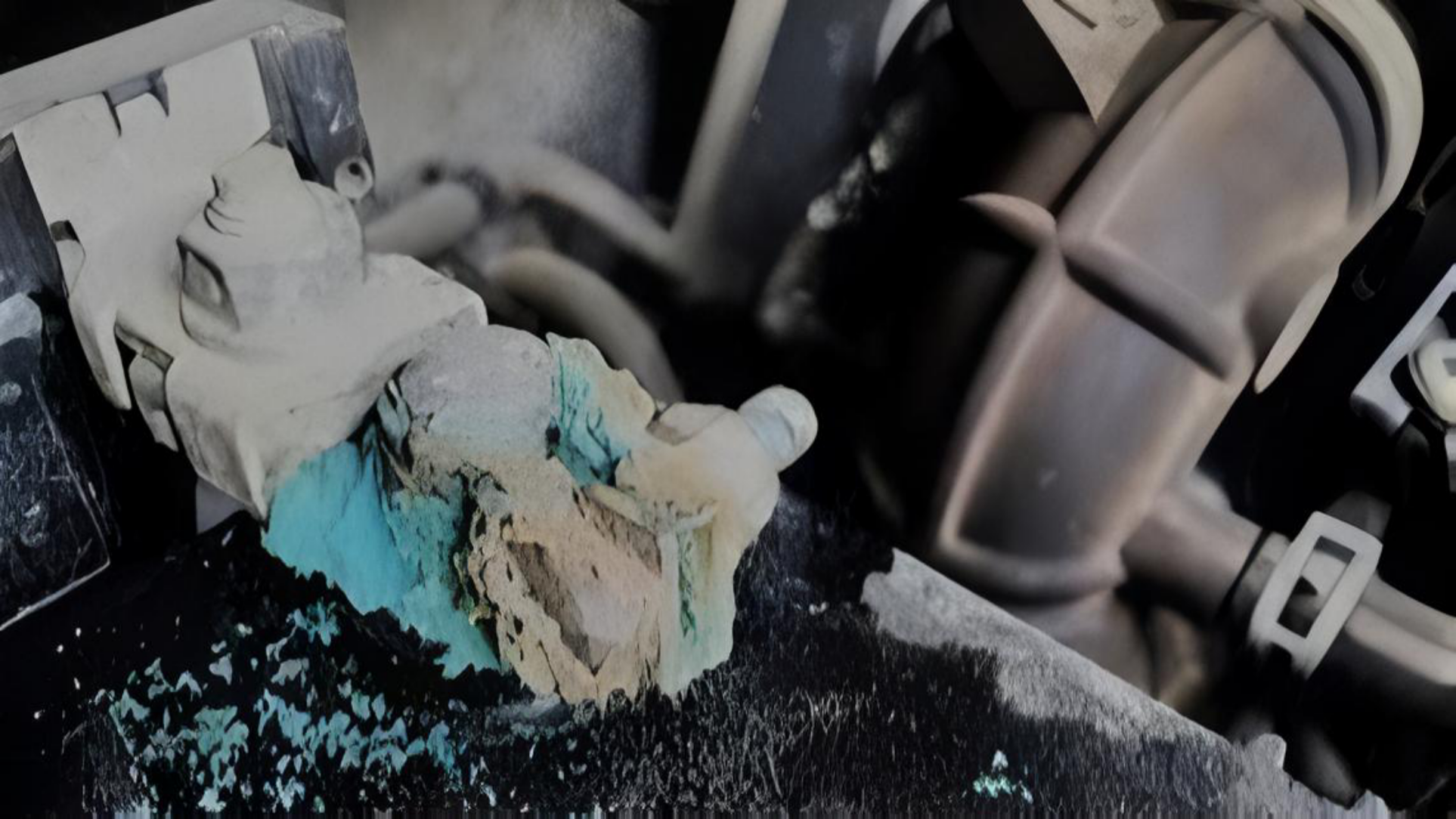
Those metal clean on your battery? Heat and humidity can turn them into a crusty, white mess corrosion that blocks the current. Grab a wire brush and some baking soda mixed with water, then scrub the terminals clean. Rinse with a damp cloth and dry it off. For extra protection, smear a thin layer of petroleum jelly on them shield against summer’s sweaty air. Clean connections keep your battery talking to your car.
Test Battery Strength Regularly
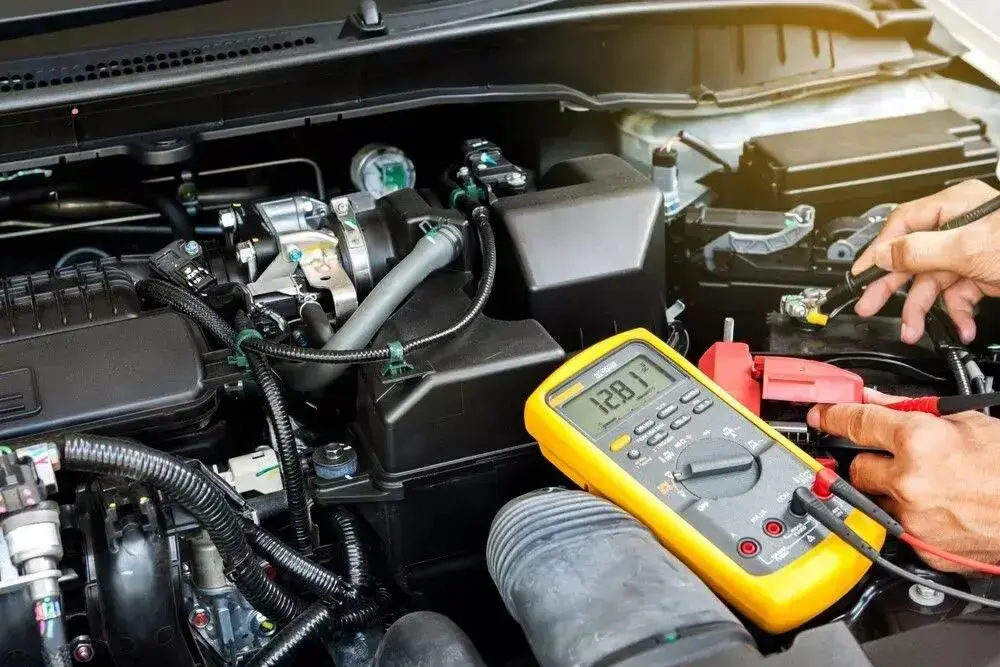
Heat can sap your battery’s strength without you noticing until it’s too late. Every month, use a cheap voltmeter or swing by an auto shop for a free test. A healthy battery reads around 12.6 volts when the car’s off below 12.4, it’s fading. Summer’s extra strain makes this a must do catch a weak battery early, and you won’t be stuck with a dead one on a hot afternoon.
Park in Cooler Spots
Leaving your car baking in the sun is like putting your battery in an oven heat builds up fast under the hood. Hunt for shade under a tree or slip into a garage when you can. No cover? Angle your car so the front gets less direct sun. Even a few degrees cooler can slow the wear on those battery cells. After a drive, let it rest before popping the hood hot engines make hot batteries touchier.
Secure the Battery Properly
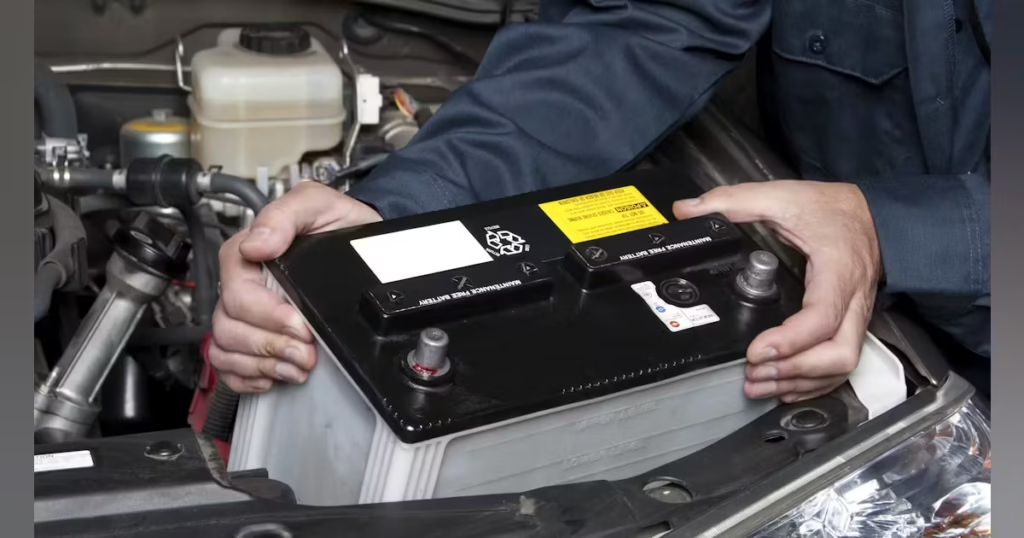
Summer roads can get bumpy think potholes or gravel from construction and a loose battery rattling around takes a beating. Check the hold-down clamp or strap under the hood it should be snug, not wobbly. A tight fit cuts down on vibration, which heat makes worse by softening the battery’s insides. A little wiggle room’s fine, but if it’s dancing, tighten it up or get a mechanic to lock it down.
When to Replace Battery
Heat shortens battery life most last 3-5 years, but summer can shave months off that. Check the sticker on top for the install date if it’s pushing three years or you’re seeing slow starts, it might be time. Don’t wait for a total failure swap it out before a 100°F day leaves you stranded. recycle the old one at an auto shop they’ll often test the new one free.
Conclusion
The summer heat can drain your battery faster than you realize, leading to reduced efficiency or even complete failure. To prevent this, regularly check your battery’s fluid levels, keep terminals clean, park in the shade, and schedule routine maintenance. By following these simple steps, you can minimize the effects of heat and ensure your battery lasts longer. Stay proactive and protect your car’s battery before the high temperatures take a toll on its performance.


